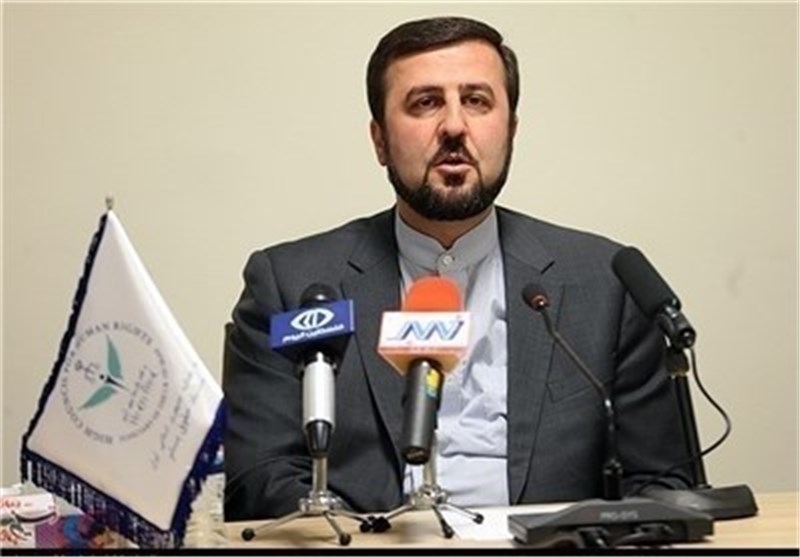
Iran Has No Secret Deal with IAEA on Inspection of Universities: Envoy

In remarks released on Saturday, Kazem Gharibabadi said Iran’s cooperation with
the IAEA is based on the commitments undertaken by the Islamic Republic, adding
that the IAEA has no access beyond these commitments.
Each member state of the Nuclear Non-Proliferation Treaty (NPT) has accepted
commitments to the agency to declare its nuclear activities under the
Comprehensive Safeguards Agreement, he noted.
The diplomat went on to say that on the other hand, all countries that have
accepted and implemented the Additional Protocol should declare to the Agency
all research and development (R&D) activities related to the nuclear fuel cycle.
"Given that Iran is implementing the Additional Protocol voluntarily, the
country is committed to its requirements, and certain accesses are made within
this framework and according to decisions made at high levels of the
Establishment,” Gharibabadi noted.
"There is no secret agreement (with the IAEA) to pay visits to some
universities or other places,” he said, adding, "Whatever has been done is in
accordance with the country's commitments.”
On Monday, reports came out that the IAEA’s inspectors had visited Iran
University of Science and Technology (IUST) and Sharif University of Technology.
Later on Wednesday, Science Minister Mansour Gholami said the recent inspection
of an Iranian university by the IAEA inspectors had been authorized by Iran’s
Supreme National Security Council.
Gholami then explained that inspection of the university, which had nothing to
do with any individual, did not go any further than "visiting the laboratories”,
adding that it was not followed by any problems.
Source: Tasnim















